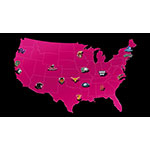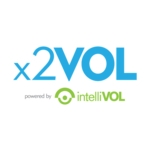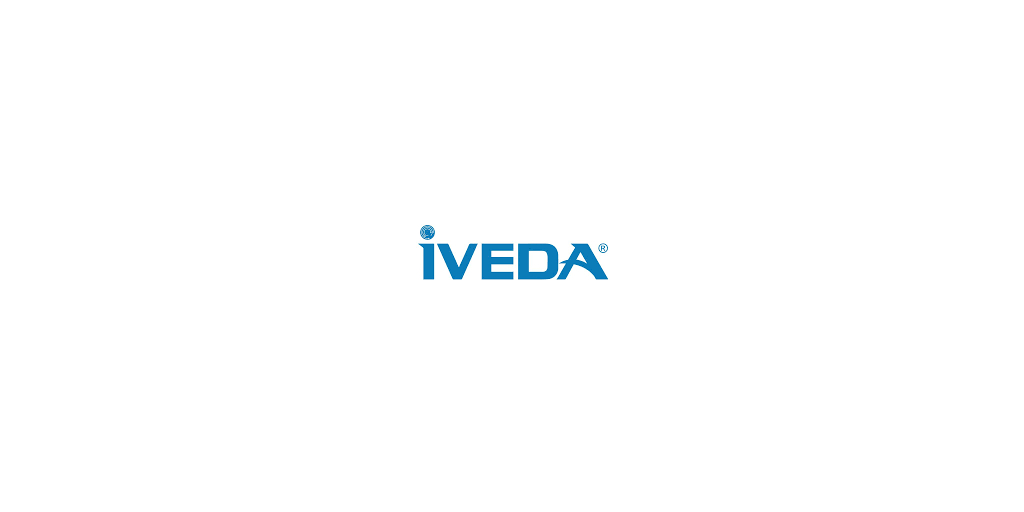On a global basis, 10% of adults would rather sit in traffic than deal with insurance enrollment, but 37% are open to AI-powered advice in the future
UserTesting Global Survey: 88% of Adults Prefer Human Assistance for Insurance Advice, but AI Interest is Rising
UserTesting Technologies, Inc.
Andy Dear
press@usertesting.com
UserTesting, a SaaS leader in experience research and insights, today released findings from a global survey on consumer experiences with insurance and artificial intelligence (AI). Conducted by Talker Research, the study surveyed 4,000 adults across the U.S., U.K., and Australia to explore the pain points in insurance enrollment and how AI could potentially ease those challenges.
This press release features multimedia. View the full release here: https://www.businesswire.com/news/home/20240930801079/en/
The survey revealed that while 88% of respondents prefer human assistance for insurance advice, interest in AI is rising as people look for simpler solutions. Among total respondents, 56% would rather deal with common life annoyances — like sitting in traffic (10%), living with their parents again (19%), or attending a concert of an artist they don’t like (24%) — than go through the complexity of insurance enrollment. This suggests a growing desire for more streamlined, hassle-free insurance processes.
Persistent Perceptions of Insurance: Opportunities for AI and Technology
Consumers across the U.S., U.K., and Australia continue to view insurance as complex and challenging, yet there are opportunities for growth through technology. Key insights from the survey include:
-
Alternative Inconveniences: Many respondents would rather deal with unrelated annoyances than tackle insurance complexities:
- 13% of Americans would prefer sitting in traffic, compared to 9% of Brits and Australians.
- 14% of Americans would listen to one song on repeat for a year, compared to 12% of Brits and Australians.
- 22% of Americans would live with their parents again, compared to 18% of Brits and Australians.
-
Contradictions in Insurance: Although many feel confident about what they are insured for, choosing the right provider remains a challenge:
- 65% of Americans, 68% of Brits, and 60% of Australians feel confident about their coverage, yet they struggle to choose the best insurance provider.
-
Knowledge Gaps: The survey highlighted areas where respondents feel the most and least confident:
- Most knowledgeable: Americans feel most confident about health (78%) and auto (75%) insurance; Brits are most familiar with home (75%) and auto (68%) insurance; Australians are most confident in auto (72%) and health (69%) insurance.
- Least knowledgeable: Americans feel least informed about home (61%) and pet (49%) insurance; Brits lack knowledge about pet (53%) and dental (44%) coverage; Australians feel least confident about dental (42%) and pet (41%) insurance.
-
Ongoing Challenges: Despite feeling confident about their coverage, consumers still encounter significant issues navigating the insurance landscape:
- Lack of clarity on coverage details affects 27% of Americans, 28% of Brits, and 32% of Australians.
- Unnoticed premium increases impact 24% of Americans, 23% of Brits, and 27% of Australians.
- Complicated claims processes are a challenge for 20% of Americans and 23% of Brits and Australians.
AI: The Future of Insurance Support
Despite current preferences for human advisors, AI is seen as a promising tool for simplifying insurance decisions. Today, 36% of U.S. and U.K. respondents and 25% of Australians find AI helpful for understanding complex insurance information. Looking forward, 45% of Australians believe AI can assist with comparing insurance plans, with similar trends in the U.K. (39%) and U.S. (33%).
“Consumers want easy and transparent insurance processes,” said Bee Nookala, Principal Marketing Manager, Insurance Solutions at UserTesting. “While human advisors remain critical, AI offers insurers a way to help customers navigate complex policies more efficiently, provided human support is always an option when needed.”
This survey complements findings from UserTesting’s previous studies on AI in industries such as healthcare and retail, highlighting a growing trend of AI adoption across sectors.
Survey methodology:
This random double-opt-in survey of 2,000 general population of Americans, 1,000 general population from the United Kingdom, and 1,000 general population of Australians, who purchase and have insurance policies, was commissioned by UserTesting between August 29 and September 3, 2024. All respondents were adults. It was conducted by market research company Talker Research, whose team members are members of the Market Research Society (MRS) and the European Society for Opinion and Marketing Research (ESOMAR).
Click the link to access the full UserTesting Insurance and AI Report.
About UserTesting
UserTesting is fundamentally changing the way digital products and experiences are built and delivered by helping organizations get insights from customers–from concept to execution. Built on top of a world-class, on-demand sourcing engine, customers can receive fast, high quality, opt-in feedback from both our proprietary and partner-sourced audience networks around the world. UserTesting offers the industry's most comprehensive experience research and insights solution. Unlike approaches that track user behavior or collect customer listening data on live experiences, then try to infer what that data means, UserTesting enables companies to get input directly from customers–earlier in the process–helping to reduce guesswork, and bringing experience data to life with human insight. The company, formed through the combination of UserTesting & UserZoom, has more than 3,000 customers worldwide, including 75 of the Fortune 100 companies. To learn more, visit www.usertesting.com.
View source version on businesswire.com: https://www.businesswire.com/news/home/20240930801079/en/

 Business wire
Business wire 











Add Comment